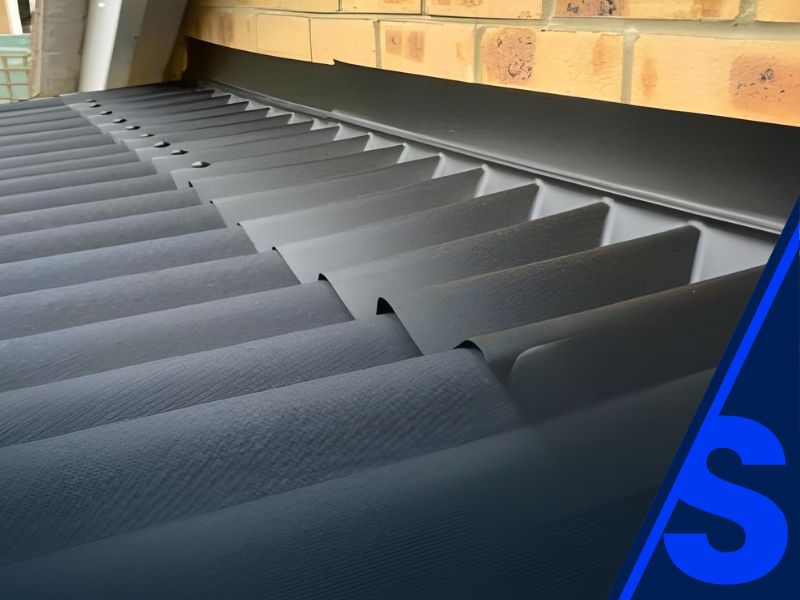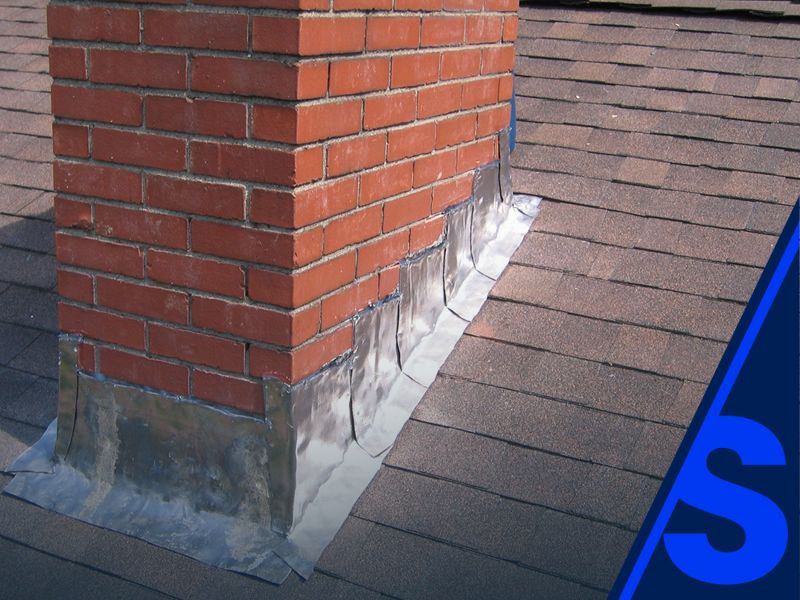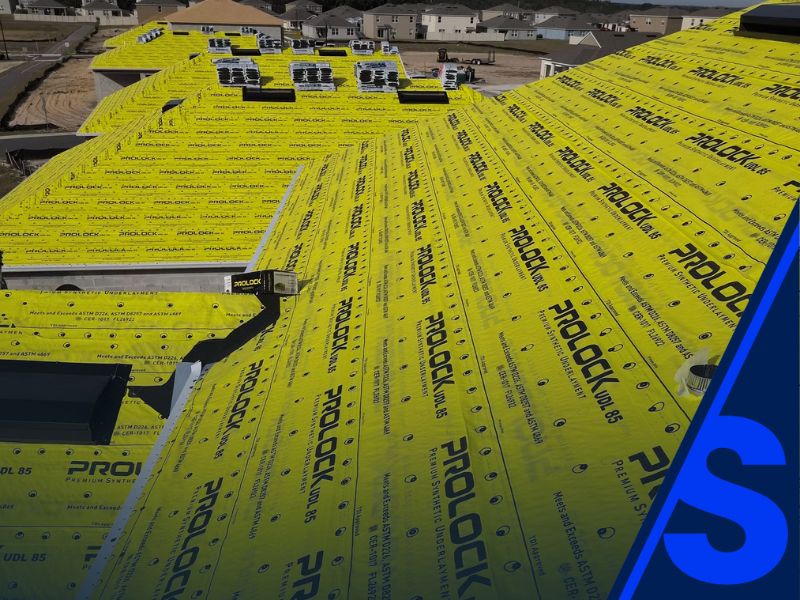Table of Contents
- Introduction
- Key Takeaways
- The Impact of Roof Replacement on Insurance Rates
- Geographical Location and Insurance Costs
- Choosing the Right Roofing Materials
- Maximizing Insurance Benefits Through Roof Replacement
- FAQs
Roof Replacement and Insurance Costs: Navigating Premium Changes
Like many homeowners, I’ve pondered, “Does roof replacement increase insurance premium?” It’s a legitimate concern, given the financial commitment a new roof entails. Today, I’ll share insights from my journey to understand how a roof replacement impacts insurance costs, considering various factors from geographical location to roofing material.
Key Takeaways
- A new, well-maintained roof might actually lower your insurance costs, potentially qualifying you for premium discounts.
- Location matters; living in areas prone to extreme weather can lead to higher premiums.
- Choosing durable roofing materials can be cost-effective in the long run, possibly influencing your insurance rates favorably.
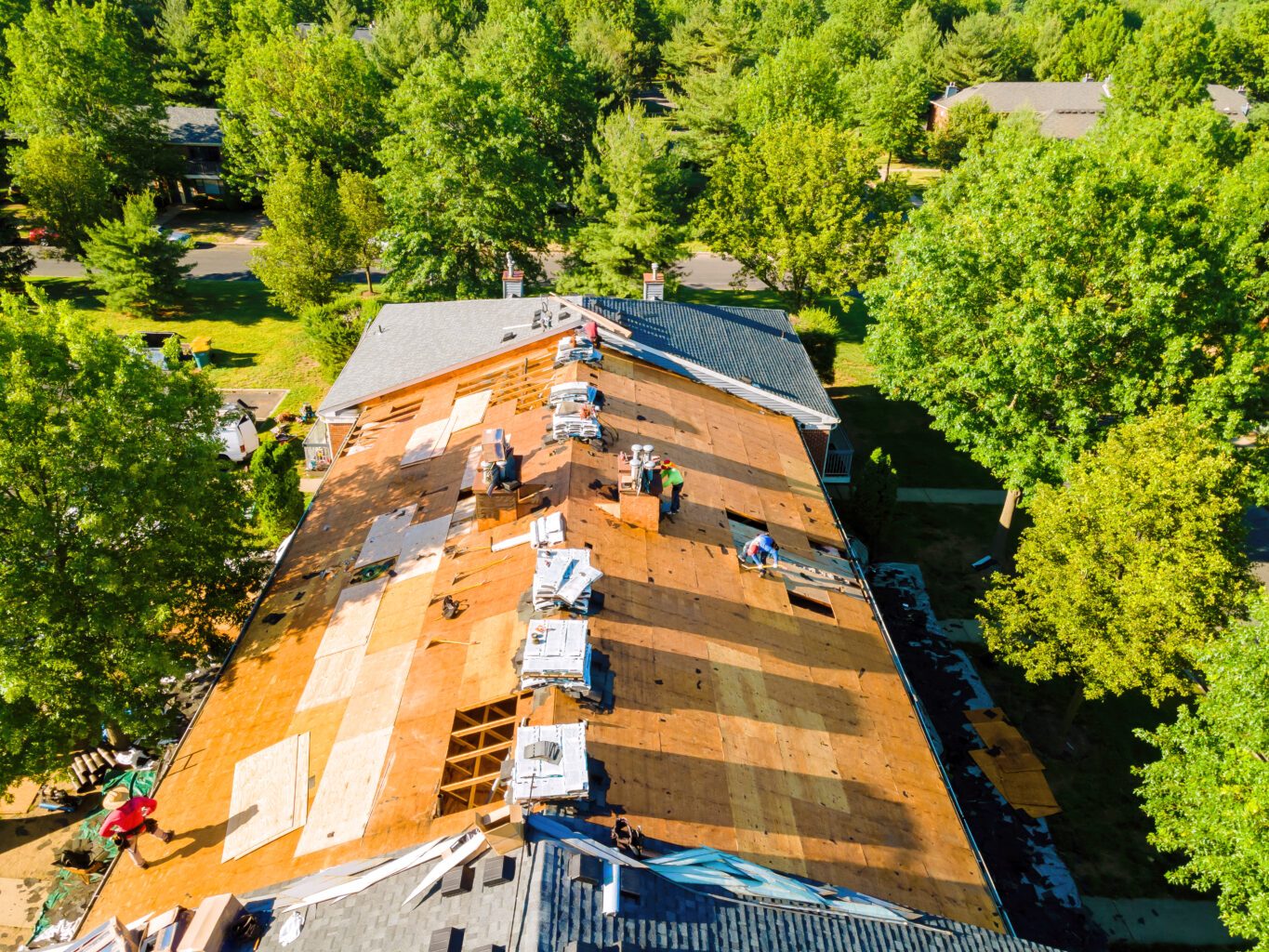
The Impact of Roof Replacement on Insurance Rates
Diving into how a roof replacement affects insurance rates unveiled a mix of factors. It became clear that both the condition of the old roof and the choice of new roofing material significantly influence future premiums. For instance, replacing a deteriorated roof with a new, more resilient one can lead to lower insurance costs, a relief amidst the complexity of homeownership.
Geographical Location and Insurance Costs
Living in a region with a high frequency of severe weather significantly impacts insurance premiums. My home, located in a coastal area, faces a higher risk of storm damage, which I learned can hike up insurance costs. Conversely, friends in more sheltered areas enjoy relatively lower premiums, illustrating how location plays a pivotal role in insurance calculations.
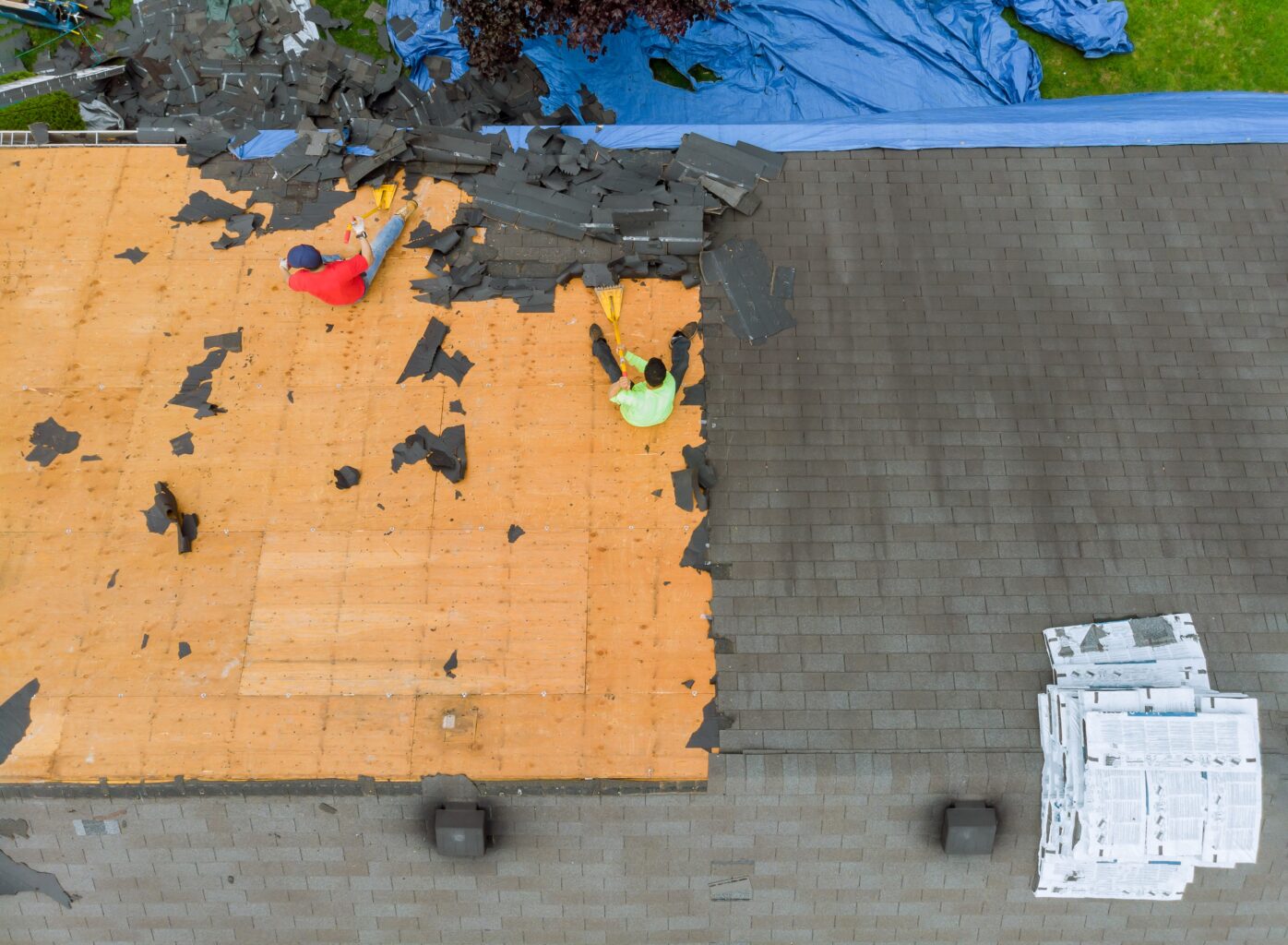
Choosing the Right Roofing Materials
The selection of roofing materials is more crucial than I initially thought. Durable materials like metal might have a higher upfront cost but can offer savings on insurance premiums due to their longevity and resistance to environmental damage. It’s a balancing act between initial investment and potential long-term benefits, including possibly lower insurance rates.
Maximizing Insurance Benefits Through Roof Replacement
I discovered that a strategic roof upgrade could actually enhance my home’s insurance benefits. By choosing materials that meet specific durability and safety standards, I could potentially qualify for significant discounts on my insurance premiums. This proactive approach not only promises a safer home but also the potential for considerable savings in insurance costs.
FAQs
- Does a roof replacement increase insurance premiums? Surprisingly, a new roof can lower premiums because it’s seen as less of a risk by insurers.
- How does storm damage affect insurance costs? Filing a claim for legitimate storm damage might raise premiums, but it ensures coverage for repairs.
- How do the age and condition of my roof affect premiums? A new roof can lead to savings on insurance costs, as it’s more effective at protecting your home.
- How does my location impact insurance costs? Areas prone to severe weather face higher premiums due to increased risk.
- How do roofing materials impact premiums? Material choice affects durability and resistance, influencing insurance costs.
- Can a roof upgrade lower insurance premiums? Yes, especially if it meets certain safety and durability standards.
- How should I communicate with my insurance provider about a roof upgrade? Informing them of upgrades can adjust premiums, so keeping them in the loop is crucial.
